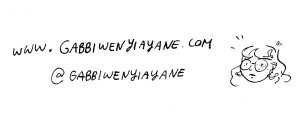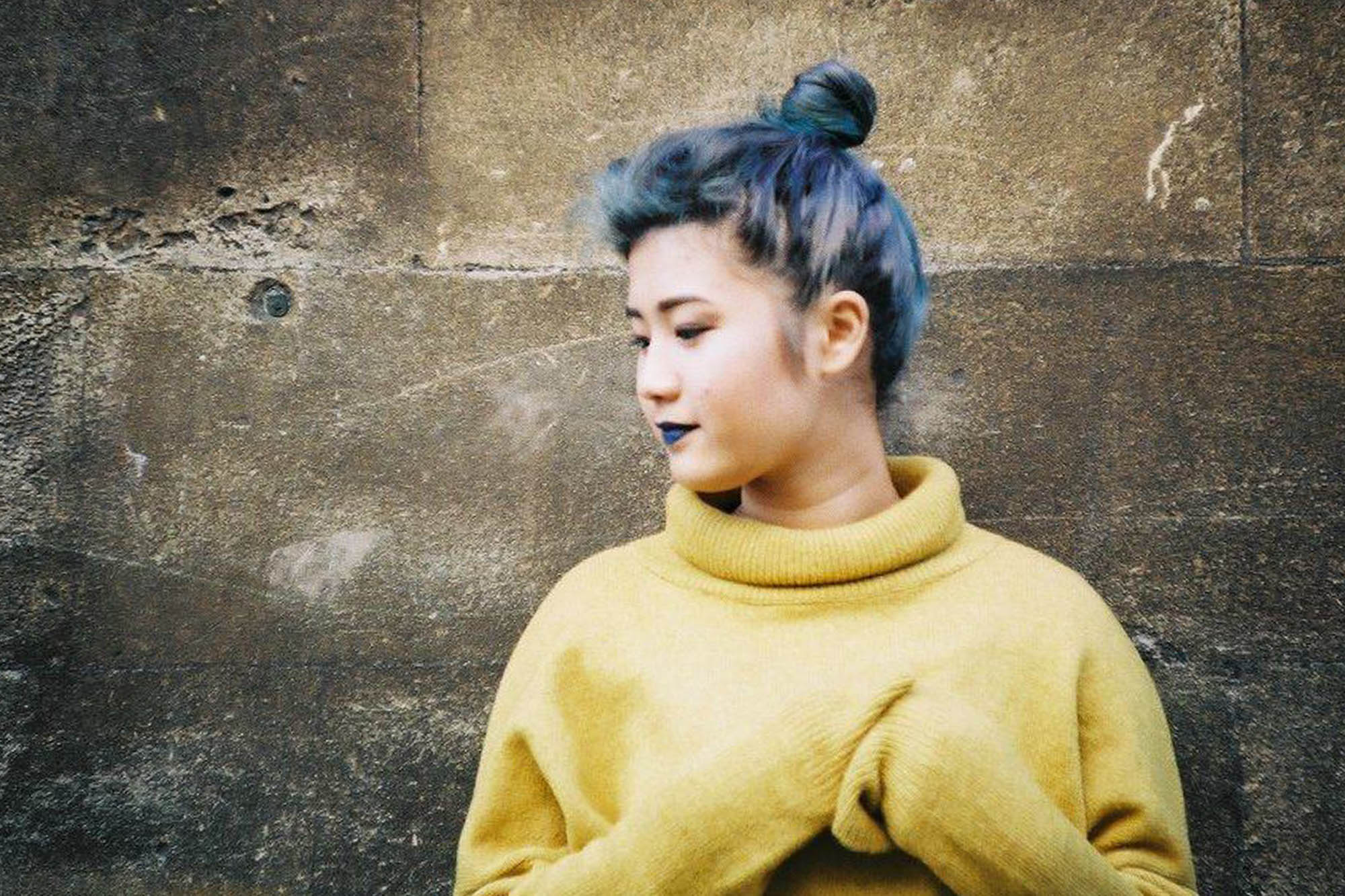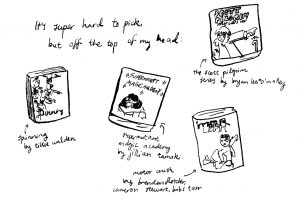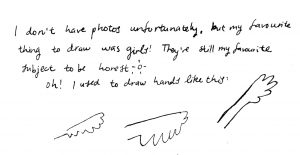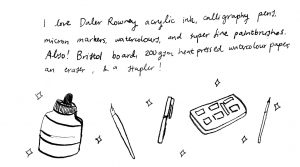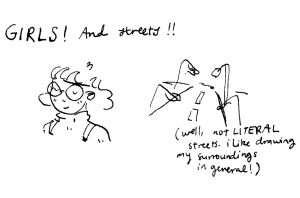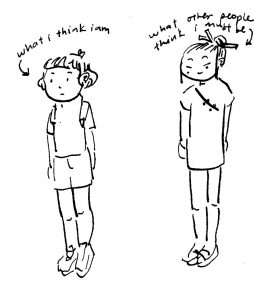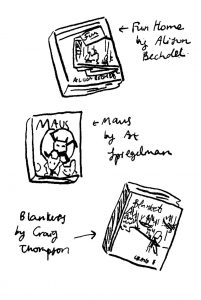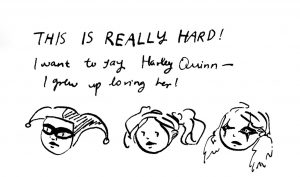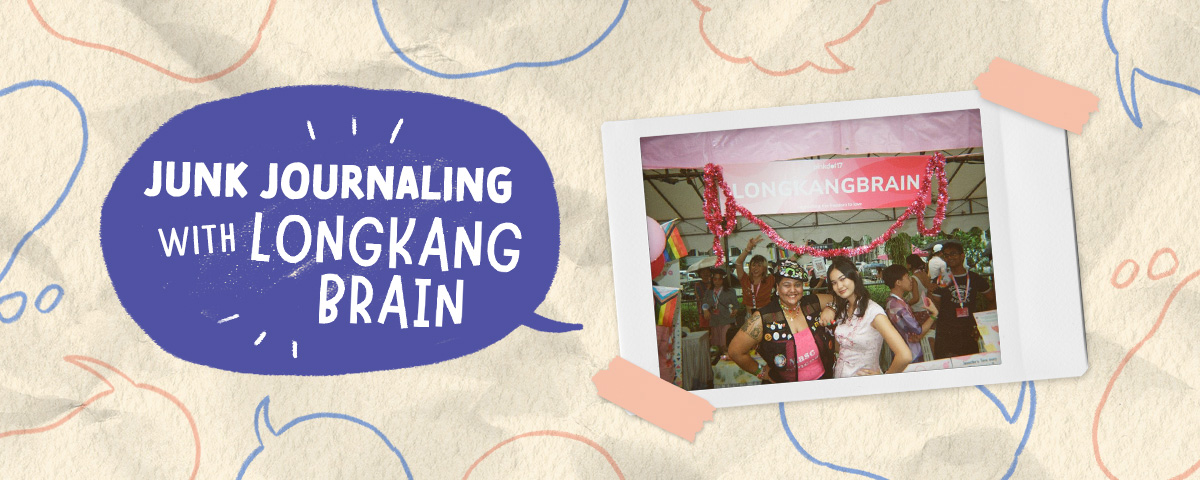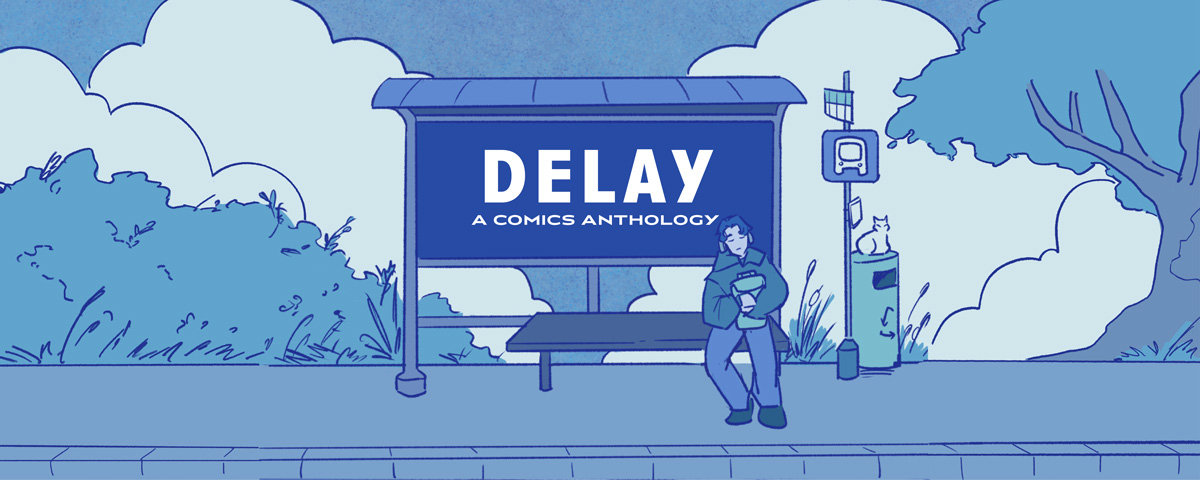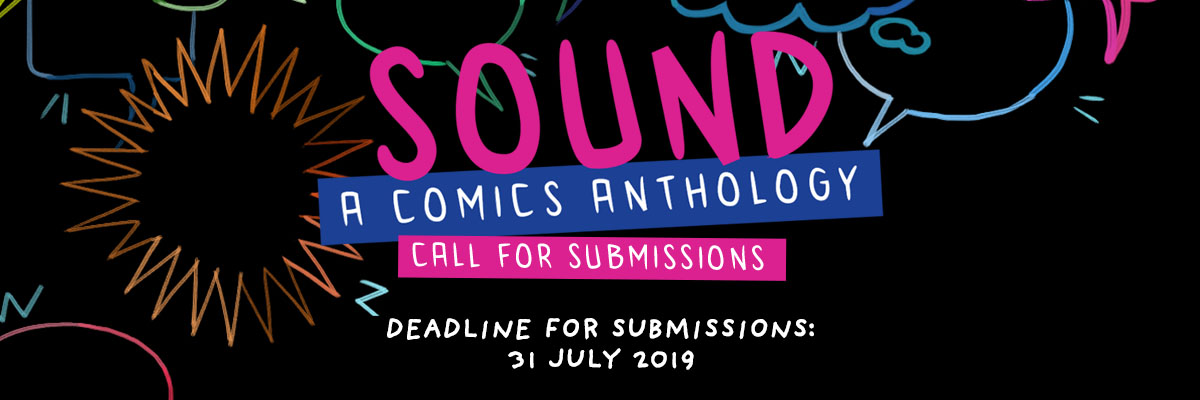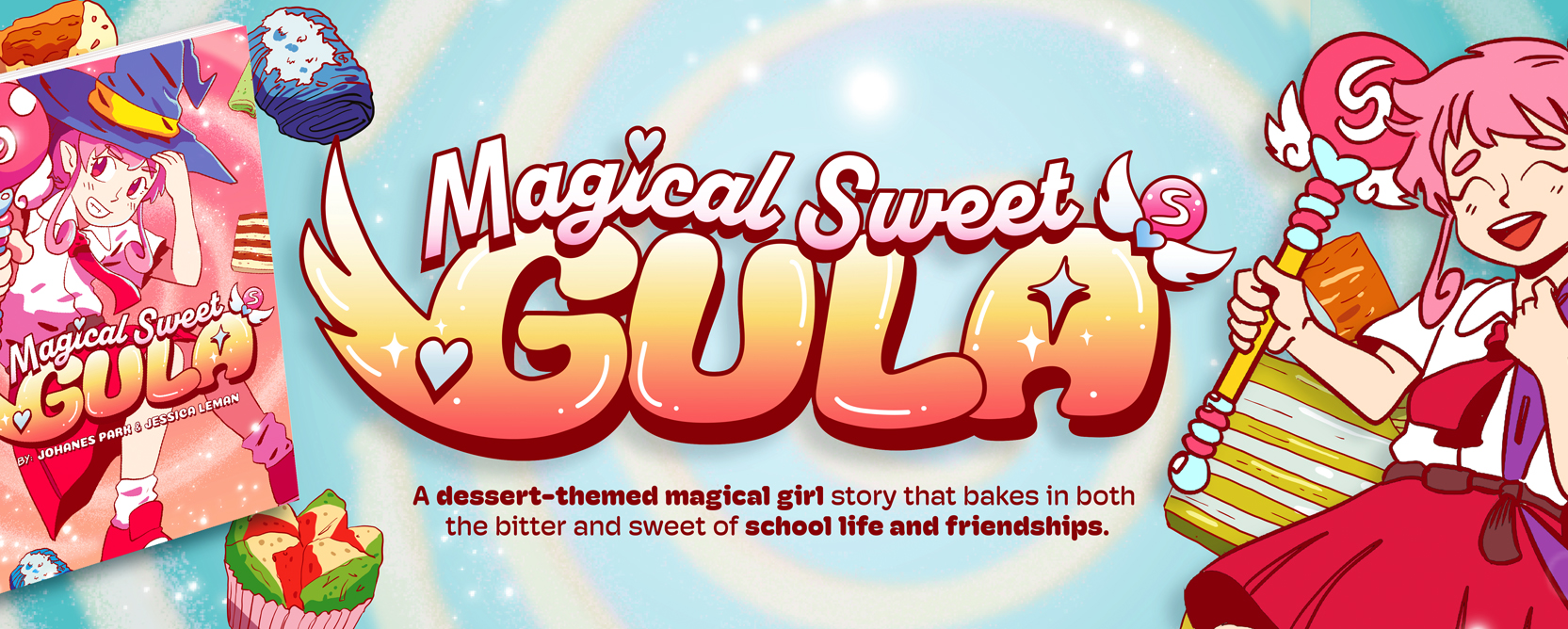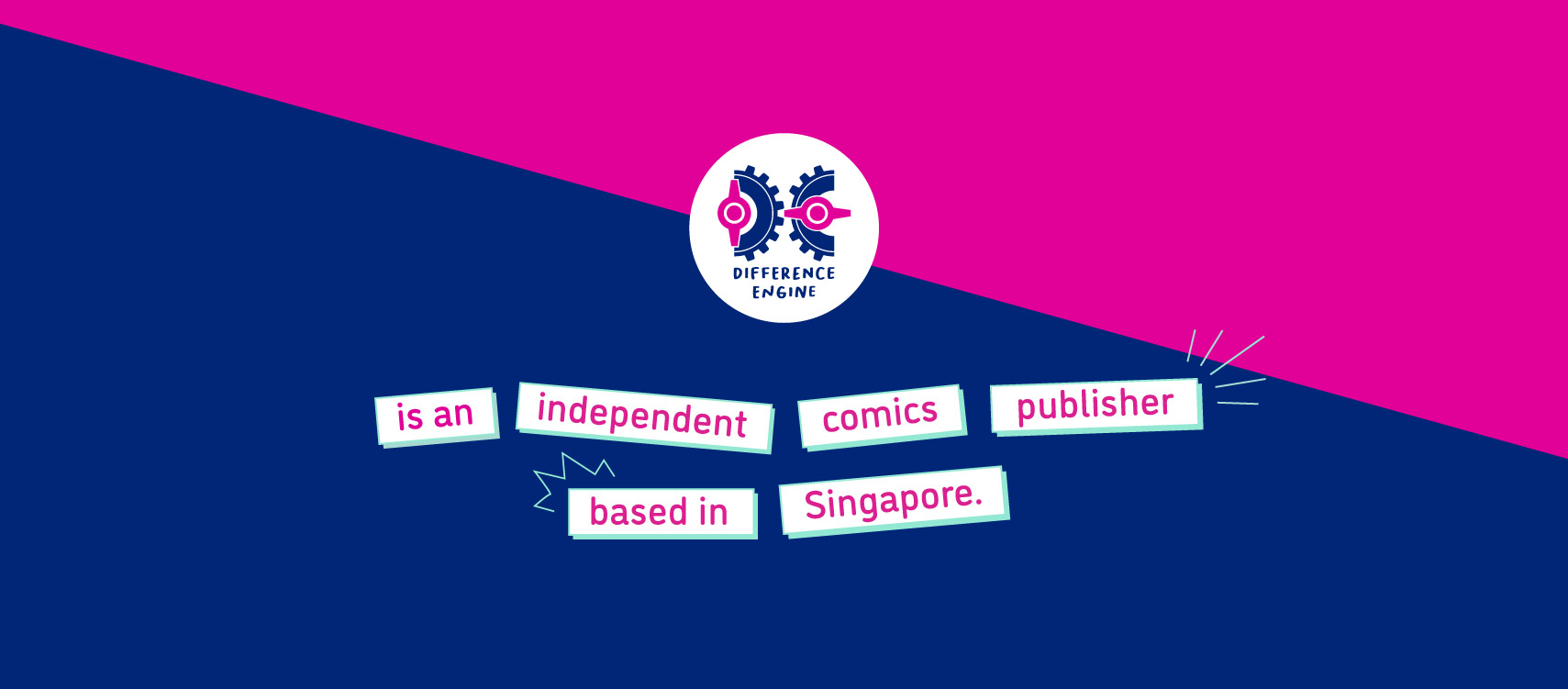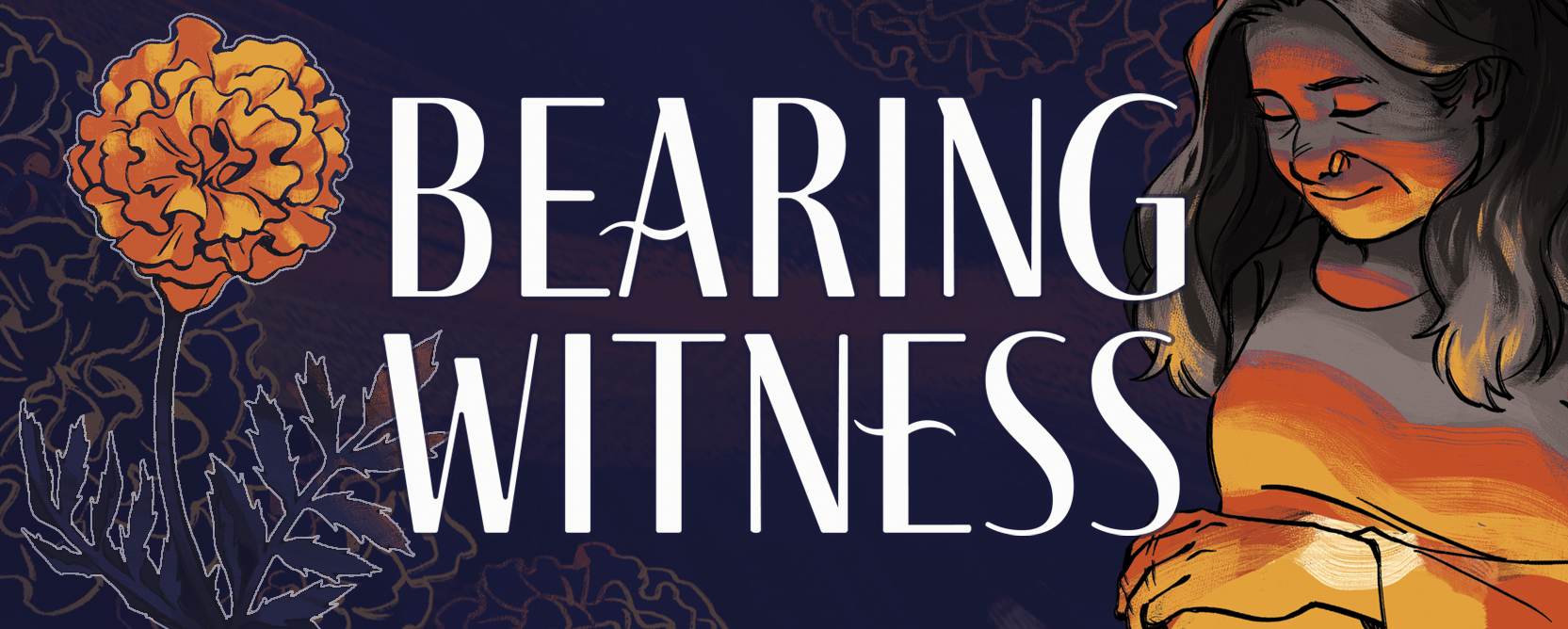Gabbi Wenyi Ayane is a writer, visual artist, spoken-word poet, feminist, and zine-maker – what an all-rounder. She is currently pursuing a Bachelor in Creative Arts and reads lots of graphic novels in her free time. Gabbi has kindly let us pick her brains and even illustrated her answers! Check these out.
Profile image by Melissa Wong-Virk.
Name us some of your best-loved comics or books. Or you may also tell us about illustrators and artists that have a strong influence on you.
Gabbi’s favourite comics: Spinning by Tillie Walden, SuperMutant Magic Academy by Jillian Tamaki, Motor Crush by Brenden Fletcher, Cameron Stewart, Babs Tarr, Scott Pilgrim by Bryan Lee O’Malley.
What were some of the first thing you ever drew? If you still have them, can we get photographs? 😀
Gabbi’s illustrations of hands when she first started drawing.
What are your favourite drawing tools? Do you have any drawing habits or rituals that you’d like to share with us?
Tools Gabbi enjoys using include: Daler Rowney acrylic ink, calligraphy pens, micron markers, watercolours & 200 gsm heat pressed watercolour paper, and Bristol board.
What subject do you like drawing the most?
Gabbi’s illustrations of girls and her surroundings.
Do you find that your cultural background and experiences influence your art?
Gabbi: Definitely! I create art that is focused on the experience of gender, race and sexuality, and tend to ground them on my personal experiences – which are definitely heavily influenced by who and where I am! I made a zine called A Super-Quick, Kinda Polite Guide to Chinese Privilege (in Singapore lah!).
What sort of stories would you like to see coming from Singapore or Southeast Asia?
Gabbi: I don’t think I’m looking for or expecting any stories in particular – I like to not interfere and just see what kinds of work comes up. If I don’t see work I resonate with, I try to create it myself. But I’m always excited to discover what people are creating!
What are some of the challenges that Southeast Asian creators face? Is there a common misconception you’d like to dispel?
Gabbi: I think there’s always the issue of language – a lot of Southeast Asian comics creators don’t write in English, which is great, but means it’s difficult to reach a wider audience/readership. Which is not to say that you have to be successful in the Western world to be successful (you definitely don’t!) but there is a big, big market in the West. And when you do appeal to a Western audience, you worry your work is being exoticised, your experiences viewed as the experience of an ethnic “Other”.
Gabbi’s illustrations on perceptions of Southeast Asian creators.
Are there any issues that you feel strongly about, and do you think that comics are well-placed to bring those issues to the fore?
Gabbi: Yes! Racial privilege, sexuality and sensuality come up in my work quite a lot – I’ve tried different mediums and I think poetry and comics are the most comfortable and digestible ways to discuss these concerns. I mean, you can look at Alison Bechdel’s Fun Home, Art Spiegelman’s Maus, or Craig Thompson’s Blankets – they all discuss very important issues, but they’re also so delicious to read. I think the allure of comics helps a great deal with broaching difficult subjects.
Comic books can make difficult topics more approachable.
What would you say to someone who says “comics are just for kids”, or the opposite, “comics are not good for kids”?
Gabbi: You wouldn’t give Hack/Slash to a child! There’s stuff for every age – plus, even “kiddy” comics display such skilled art, storytelling and a keen understanding of colour.
Comics gave me imaginary friends when I had none in the real world! They help me get back into reading when I’ve gone a while without ever picking up a book.
Who is your favourite character in the entire multiverse?
Gabbi’s illustrations of Harley Quinn.
Hey, thanks for the answers and doodles, Gabbi!
See more of Gabbie’s work here or follow Gabbi on Instagram @gabbiwenyiayane.
